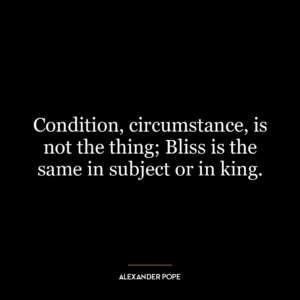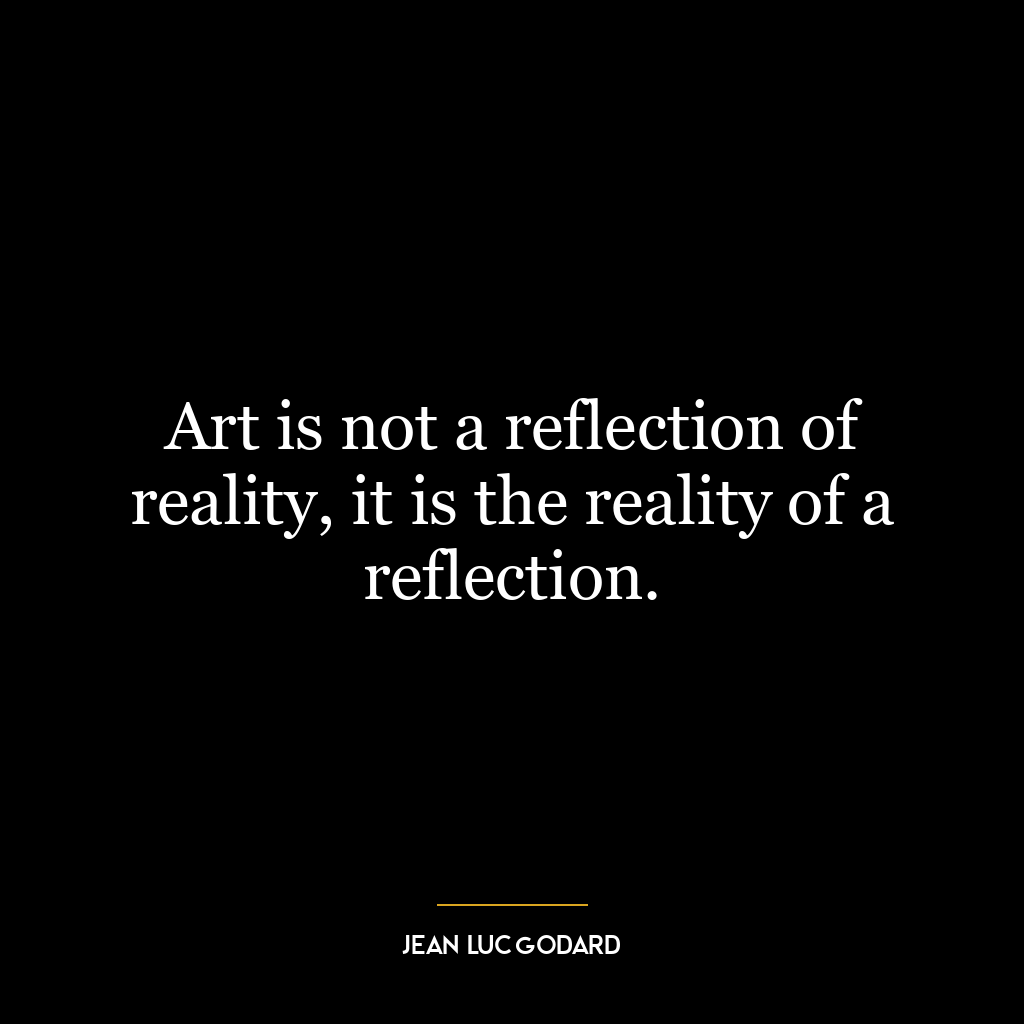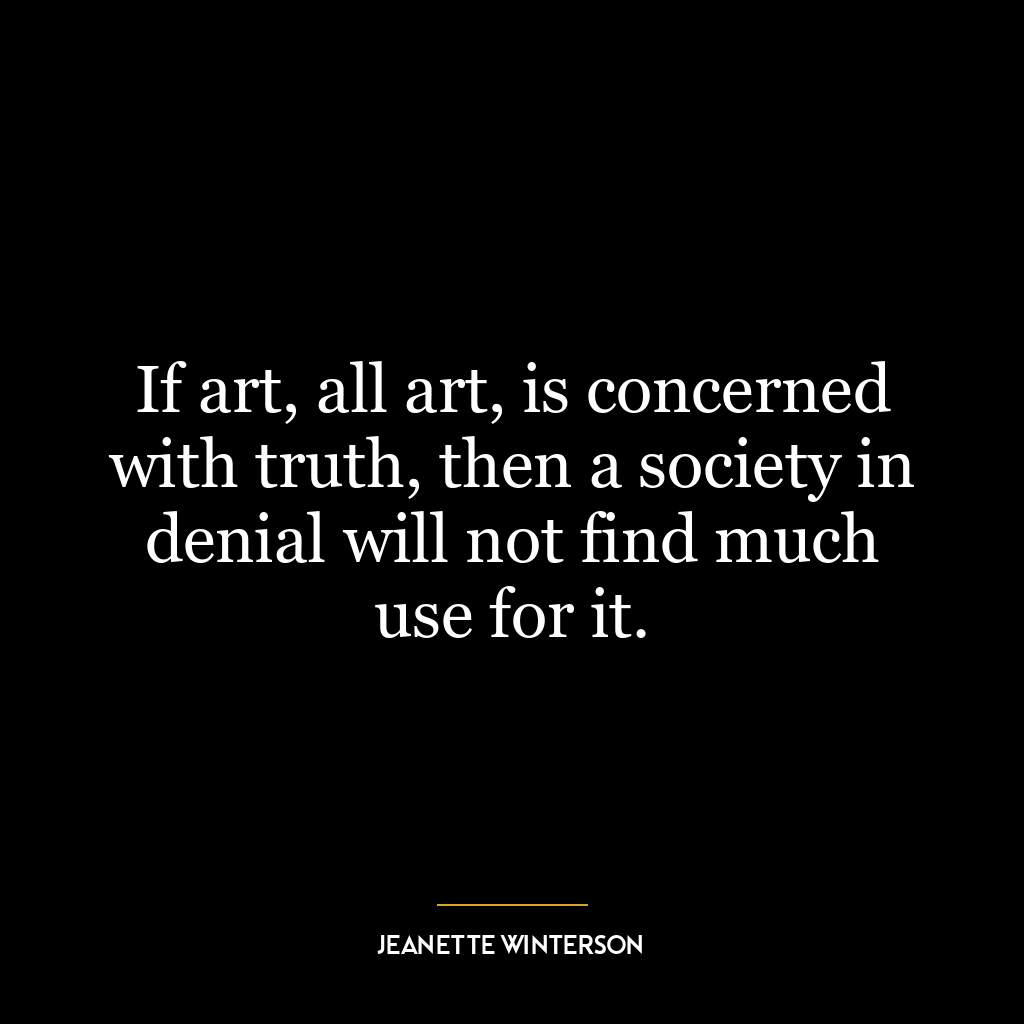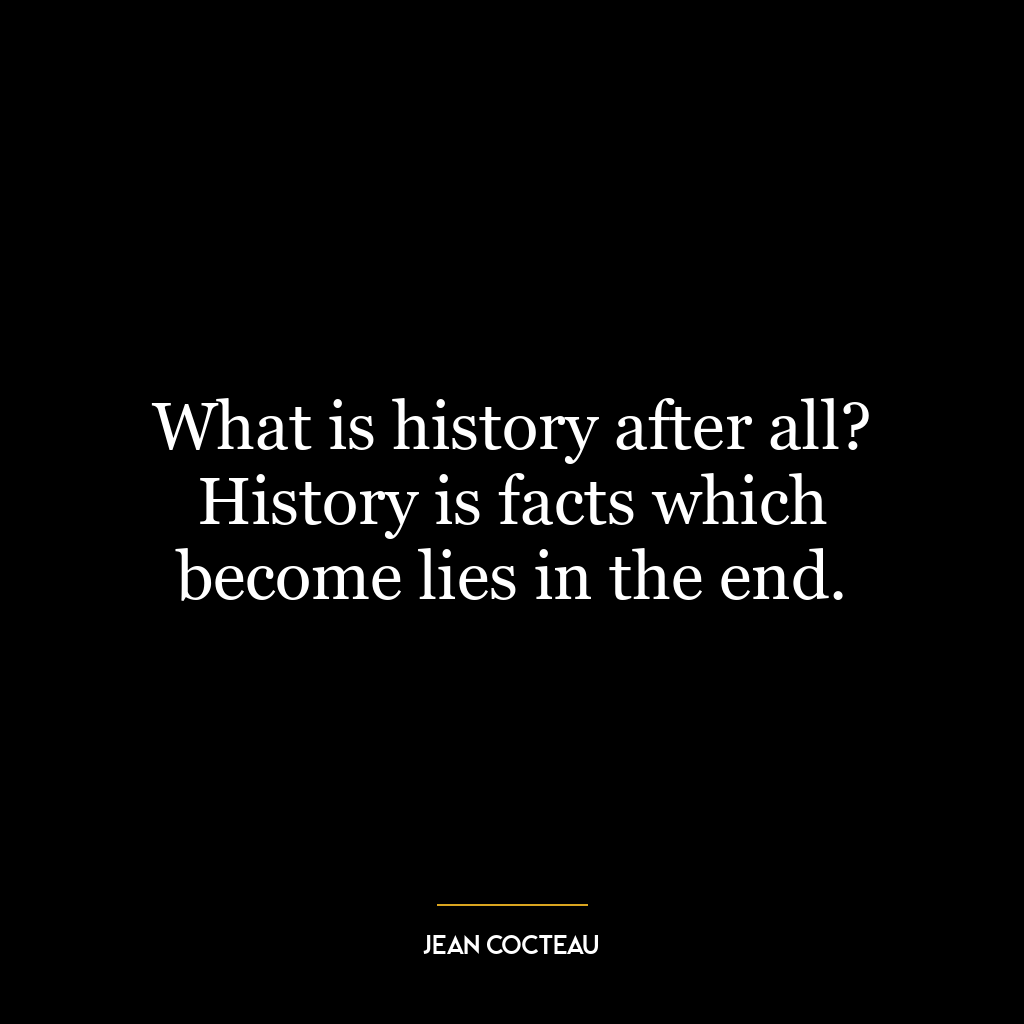This quote essentially suggests that envy, while often considered a negative emotion, can actually serve as a testament to someone’s merit or worth. Much like a shadow that follows an object, envy follows merit. In other words, if someone is envied, it’s because they possess something of value, something others desire – hence, the envy proves the ‘substance’ or value of the person being envied to be true.
The shadow metaphor is particularly compelling because it implies that envy is not only inevitable but also intangible and harmless unless we let it affect us. Just as a shadow has no physical impact on the object casting it, envy doesn’t diminish the value or worth of the person being envied unless they allow it to affect their self-perception or actions.
In today’s world, this quote can be applied in many contexts. In the professional sphere, for instance, if a person is envied by their colleagues for their skills or success, it’s a sign that they are doing something right. Instead of being disheartened by the envy of others, they can view it as a validation of their merit.
Similarly, in personal development, this idea can be used to foster resilience and self-confidence. If someone is facing envy from others, instead of letting it discourage them, they can interpret it as a sign that they are on the right track. It can also serve as a motivation to continue improving and achieving, as the envy of others is a reflection of their success and growth.
However, it’s important to note that while envy can validate one’s merit, it should not be the sole or primary source of self-worth. The ultimate goal should be personal growth and satisfaction, not the envy of others.















